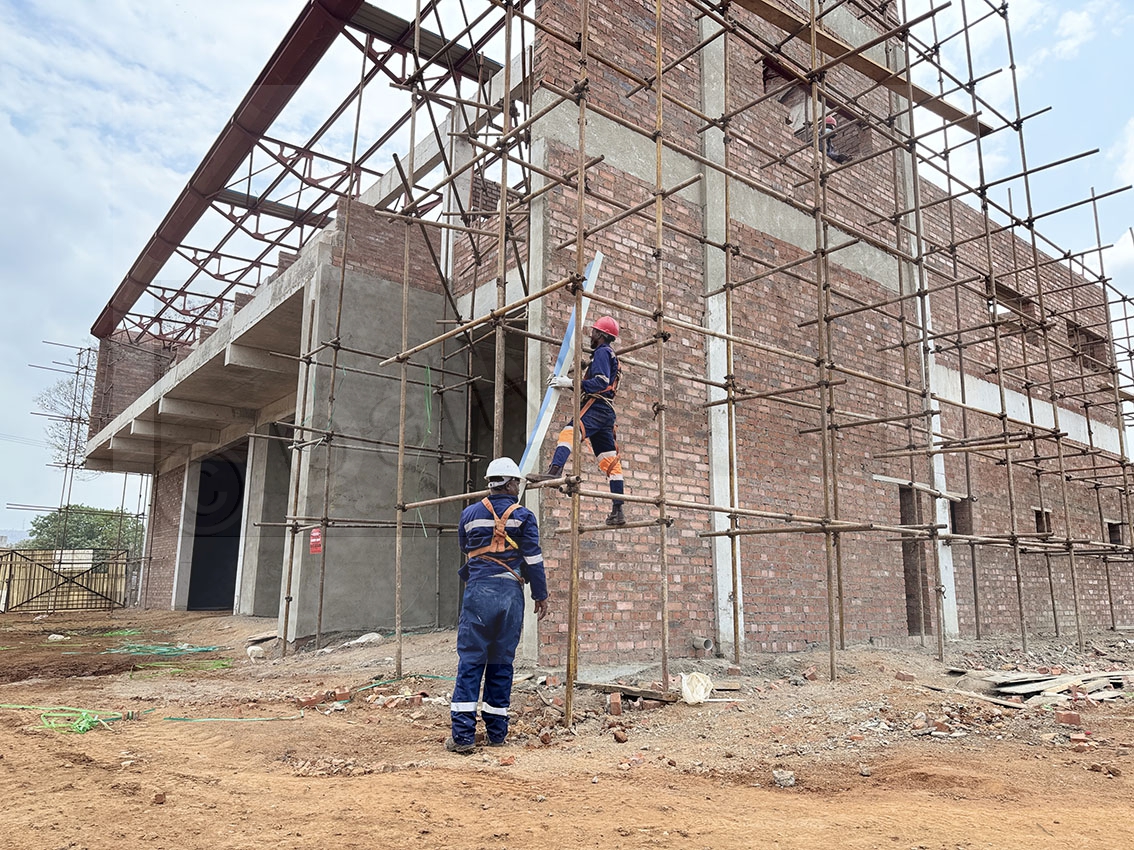Car dealerships fertile ground for money laundering
10 Nov 2022
The car dealership industry very vulnerability to money laundering risk.
This is according to the recently released Anti-Money Laundering National Risk Assessment for 2017-2021.
Speaking at the release of the anti-money laundering risk review on the local car dealership on Wednesday, Financial Intelligence Agency, Director General, Ms Bopelokgale Soko said car dealerships were found to be highly vulnerable to money laundering risks emanating from predicate offences.
“The number of predicate offences during the period under review was 150, with a corresponding value of P64.5 million,” she said.
Ms Soko revealed that predicate offences that posed high money laundering threats in the sector were false declaration, tax evasion, stealing by agent, stealing by person employed in the public service and abuse of office.
She said the assessment found that the illegal proceeds from those predicate offences were mainly used to purchase vehicles, thus the overall rating for money laundering threat was medium-high.
She said although the final vulnerability of both motor dealer categories was assessed to be medium-high, the imported pre-owned market segment was assessed to be more vulnerable to money laundering due to higher rating on key inherent vulnerability factors.
Ms Soko noted that the industry had 116 car dealership, 64 per cent of which were registered under the imported pre-owned motor dealer segment, while the remainder was registered under the specialised motor dealer segment.
She said the sector risk assessment also revealed that the motor dealers conducted a significant number of cross border transactions as almost all vehicles were imports.
Ms Soko said although vehicles were found to be consistently among the top ten imported goods into the country, motor vehicle dealers however had deficiencies including inadequate record keeping, undervaluation of declared motor vehicle and falsified invoices used to declare vehicles.
This, she said exacerbated money laundering threats in relation to tax related offences. An official from Botswana Unified Revenue Services, Mr Tshepo Phirie said their investigations revealed that the most common predicate offences relating to false declaration during the period under review were undervaluation, where an importer declared an amount below the value of the imported goods.
Mr Phirie added that another predicate offence was fiscal fraud, where an importer falsified invoices to reduce tax liability.
“During the period under review, BURS reported 120 cases of false declaration involving 4074 vehicles imported by 78 motor dealers and a total amount of tax revenue recovered from the cases amounted to P28 million, which included cases of both undervaluation and fiscal fraud,” Mr Phirie said.
He said there were three reported cases of tax evasion during the period under review, with revenue loss amounting to P12 million,, adding that the money laundering threats resulting from tax evasion was rated high considering the significant amount of revenue lost.
FIA conducted the car dealership risk assessment in accordance with the Financial Intelligence Act 2022, to ensure that criminals do not use the financial system to clean dirty money and finance terrorism activities.
This comes at a time when Botswana was preparing for the next mutual evaluation, expected to be undertaken during the period 2024/2025. ENDS
Source : BOPA
Author : Thato Mosinyi
Location : Gaborone
Event : meeting
Date : 10 Nov 2022






